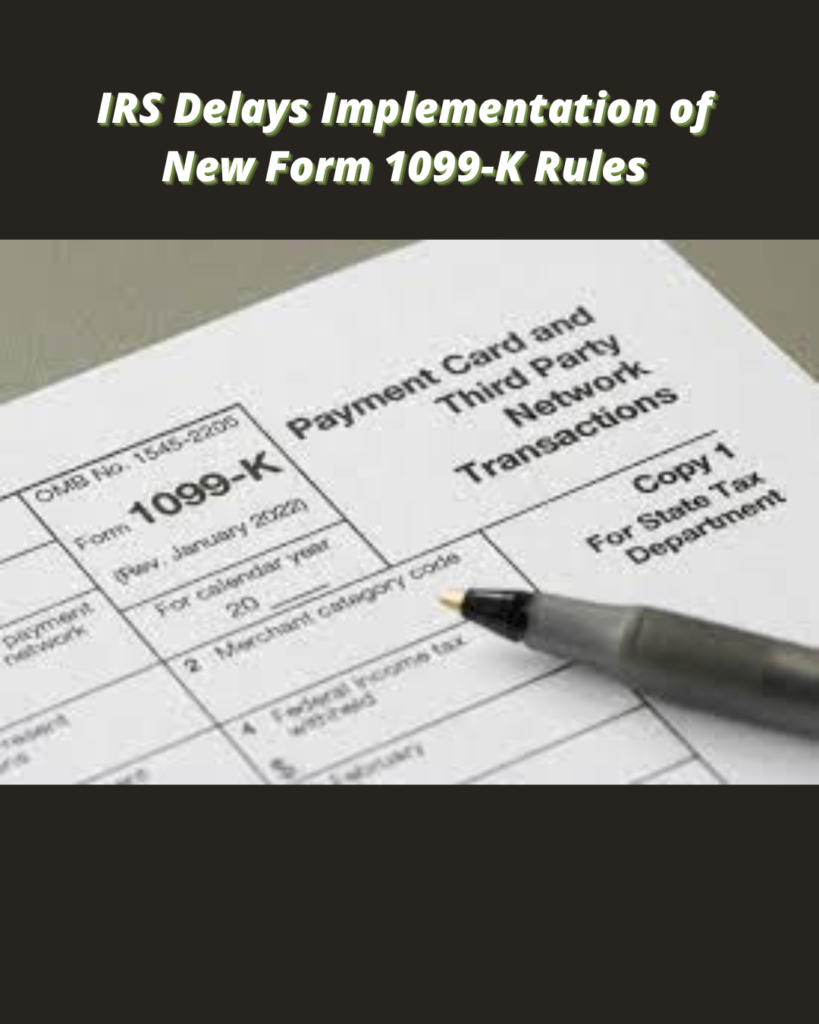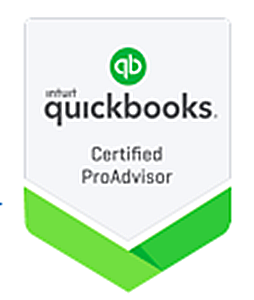The American Rescue Plan Act (ARPA) of 2021 changed the IRS reporting rules for payments sent through third-party payment processors like PayPal and CashApp. The new rules require payment processors to send a Form 1099-K to all recipients of $600 or more in payments for goods or services during a year. These rules were to take effect beginning with tax year 2022.
However, the IRS has now announced that 2022 will be treated as a “transition year” for the ARPA provisions regarding 1099-K forms. As a result, payment processors may choose to follow the previous rules, which stated that a Form 1099-K must only be sent if a business or individual received over $20,000 in payments through more than 200 transactions. The new $600 threshold will take full effect in tax year 2023.
Therefore, if you received between $600 and $20,000 for goods or services through a payment processor in 2022, with 200 or fewer transactions, you may or may not receive a Form 1099-K. Note that this transition policy applies only to the sending of 1099-K forms. You must still report all taxable income you receive through a third-party processing platform to the IRS, regardless of whether you receive a tax form showing the income. A tax professional can help you determine which payments you received may be taxable.



